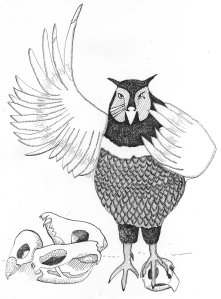It seems recently that never a day goes by without an email or a direct message from an Artist or a Writer begging me to like them.
Apparently it’s irrelevant whether or not I even know them, or their work. And the question of whether I actually like what they do is, well, that was never on the table was it. You see, no one is asking for my personal opinion ( It’s a shame, I have good opinions. ) What people are actually asking is for me to give them more visibility in the market place so that they can sell what they do.
I have no objection to people selling what they do. In fact I’m all for it. I sell what I do for heaven’s sake. But I’m not sure anyone’s career can be greatly assisted by a lie, however well intentioned.
Before anyone gets hugely upset let me just say that I don’t ever ask anyone to validate anything of mine. You don’t have to like it unless you like it. And I don’t assume that I will dislike what people do, I am charmingly non-committal until I have read a thing. If Facebook swaps is how you work then it is how you work but please remember that this is false data. It is a manufactured marketing tool and not opinion. The numbers will go up and down based on the hours spent rather than quality of your work. There will be times when you write something wonderful and you don’t get the “likes” you are looking for. Don’t be disheartened. The numbers are a fiction. We are writers. We understand fiction.
The other despairing communication I get is that “Nobody is following me.”
That is an easy one.
What are you doing for them?
People are busy. People have complicated, wonderful, disorganised lives. But people will follow you if you give them something they want. What are you giving them? Some people write a weekly book review. Some people provide pictures of beautiful Art. Some pictures of funny cats. Some provide intelligent comment. Some provide silly comment. It doesn’t matter what it is, you will find a niche market, but it has to be consistent and people need to know what you do.
If they truly LIKE you, they will follow.
So decide what you provide.

